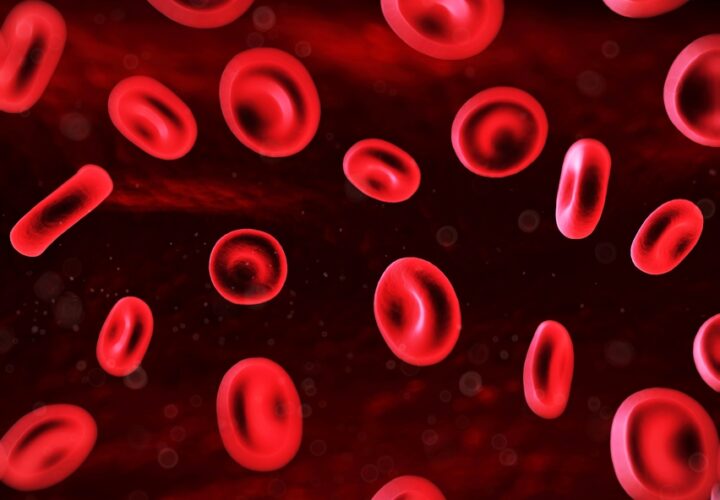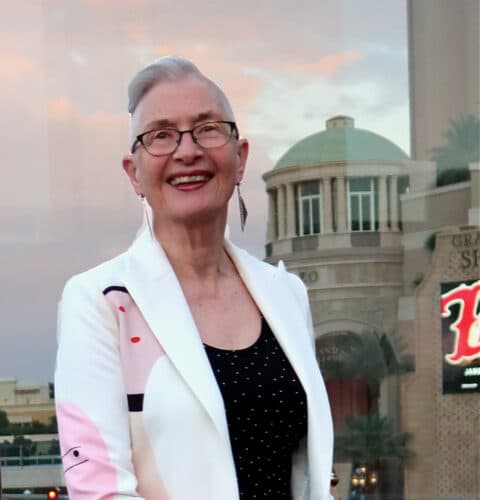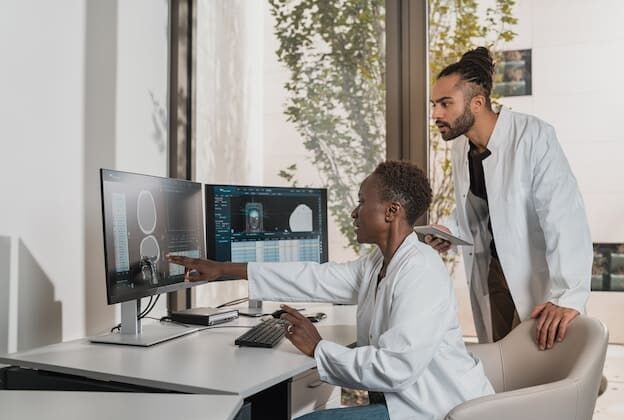Could a simple, non-invasive neck scan identify dementia patients years before symptoms? And what would we do if it could?
As the number of people with dementia grows, scientists are rushing to figure out a faster diagnosis process. And researchers from University College London think they may have found the answer: a quick, painless neck scan that could identify dementia patients 10 years before symptoms typically start to interfere with day-to-day life.
Right now, diagnosis for Alzheimer’s is based mainly on symptoms and reports from loved ones. Patients can get a firmer diagnosis with a PET scan or by having cerebrospinal fluid drawn, but both are invasive and expensive procedures that insurance typically does not cover because there is no treatment or cure for Alzheimer’s. A diagnosis before symptoms leads to better outcomes, according to studies. Reports from earlier this year suggested that an earlier diagnosis would lead to a 15 percent reduction in cost for Alzheimer’s—which rings in at $341,000 for families over the course of the disease, with 70 percent of that paid out of pocket—and it would give patients time to enroll in clinical trials that might offer a therapy that might be beneficial.
Here’s how the researchers studied the neck scan’s potential as a diagnostic tool: An ultrasound measured pulses at the neck of nearly 3,200 patients between the ages of 58 and 74 in 2002. They then monitored participants’ cognitive health for 14 years. Those with the most intense pulses at the top 25 percent of those studied, which doctors said indicate irregular blood flow, were 50 percent more likely to have reduced cognitive function in the coming years. This increased intensity in the carotid artery, triggered by a build-up of cholesterol and fatty substances that turns to plaques in arteries, causes damage to the network on blood vessels in the brain.
The findings point to advice Alzheimer’s experts have been repeating for years: What’s good for the heart is good for the brain, according to researchers like Rudy Tanzi. It echoes evidence released earlier this week that shows people at risk for heart disease may also be at risk for dementia.
But without a treatment that stops the disease, why would people want to know whether they’ll develop Alzheimer’s in 10 years, some might ask. There are benefits to an early diagnosis.
“Once a diagnosis of mild cognitive impairment due to Alzheimer’s disease or Alzheimer’s dementia has been made, individuals and family members can learn what to expect for the future and plan accordingly,” said a 2017 report from the Alzheimer’s Association. “In addition, early diagnosis allows individuals to maximize time spent engaging in activities that are meaningful to them and interacting with the most important people in their lives.”
The neck scan would not only help inform patients earlier of a potential for cognitive impairment; it also may help researchers identify ways to lower the intensity of the pulses, which could be achievable with heart-healthy lifestyle changes like more exercise and a better diet. After all, if a person knows cognitive decline is on the horizon, they’d probably be more likely to make changes necessary to prevent it.
“Vascular dementia affects more than 150,000 people in the UK, and with no way to treat the condition, prevention is key,” said Dr. James Pickett, Head of Research at Alzheimer’s Society. “These results support what we know well—that what’s good for the heart is good for the head.”
But the study did not specifically look for dementia, Pickett points out. “It can’t tell us whether people with a higher intensity pulse go on to develop vascular dementia,” he said.
More research is needed, but if larger studies confirm the findings, researchers envision a world where dementia risk could be identified in middle age, when it’s potentially still possible to change your life to prevent it.
“In the meantime, there are things we can all do now to help lower our chances of developing dementia, including healthy eating and keeping our body and mind active,” said Pickett.



